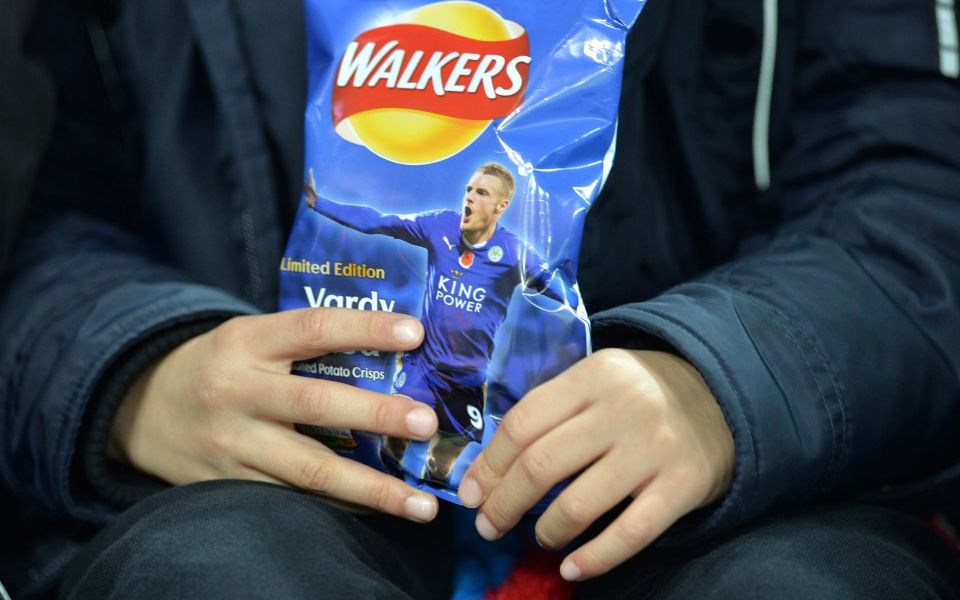How a good metaphor means good PR

THE CURRENT SITUATION over Brexit is nothing short of chaotic. It’s almost impossible to argue otherwise.
Jeremy Corbyn, the Labour leader, backed a permanent customs union. Pro-European Union Tory rebels quickly took their chance to back an amendment calling for the United Kingdom to keep close ties with the EU after it leaves in an attempt to reverse Theresa May’s own policy. The size of the rebellion is potentially enough to wipe out the Prime Minister’s slim working majority in the House of Commons, and more, including figures like Attorney General Dominic Grieve, are expected to add their names to the list of those who wish to keep the UK in a customs union after Brexit.
This places Theresa May between a rock and a hard place. Figures like Jacob Rees-Mogg want maximum distance from the European Union after Brexit. On the other side there are those who want a customs union. Throughout all this, Liam Fox, the international development secretary, has insisted that membership of the customs union is a “complete sell-out” of the British national interest.
But none of these facts made the biggest headlines. That honour went to Sir Martin Donnelly, the former boss of Liam Fox’s international trade department.
“You’re giving up a three-course meal, the depth and intensity of our trade relationship across the European Union and partners now, for the promise of a packet of crisps in the future, if we manage to do trade deals in the future outside the EU which aren’t going to compensate for what we’re giving up.”
Sir Martin was pointing to the fact that the entirety of British trade with the countries outside of the EU is £583.8 billion––only £30 billion more than it is with the bloc’s members. Our relationship with our single largest trade partner––the U.S.––is just £165.9 billion. But that isn’t really why he made the headlines.
“Leaving single market ‘like swapping a meal for a packet of crisps’, warns ex-trade chief”, ran The Guardian. “Brexit like ‘swapping a three course meal for a packet of crisps’, ran The Independent. “Liam Fox denies Brexit is ‘meal for crisps’ swap”, screamed The Times.
Analogies are memorable. What do you remember from Forrest Gump? “Life is like a box of chocolates––you never know what you’re gonna get.” They simplify concepts. Gillian Jacobs called an apology “like a thought with another thought’s hat on.” Often, they make you laugh. “Explaining a joke is like dissecting a frog,” E.B. White said. “You understand it better but the frog dies in the process.”
In the often-confusing discussion about Brexit, which is filled with statistics and jargon, analogies help you cut through the noise and get to the message underneath. Sir Martin Donnelly could have talked about imports and exports and the value of each, but instead, he made his point––and made headlines––with a well-chosen phrase.
This is one of the fundamental elements of PR and reputation management. Not every person you reach will have your knowledge of a given subject, so in order to communicate a message effectively, PR professionals must be clear and simple. Your aim is to create immediate understanding with your words. A paragraph-long explanation can be dismissed in favour of a single sentence.
A word of caution: don’t bring Hitler into your analogy. It’s almost never a good idea.